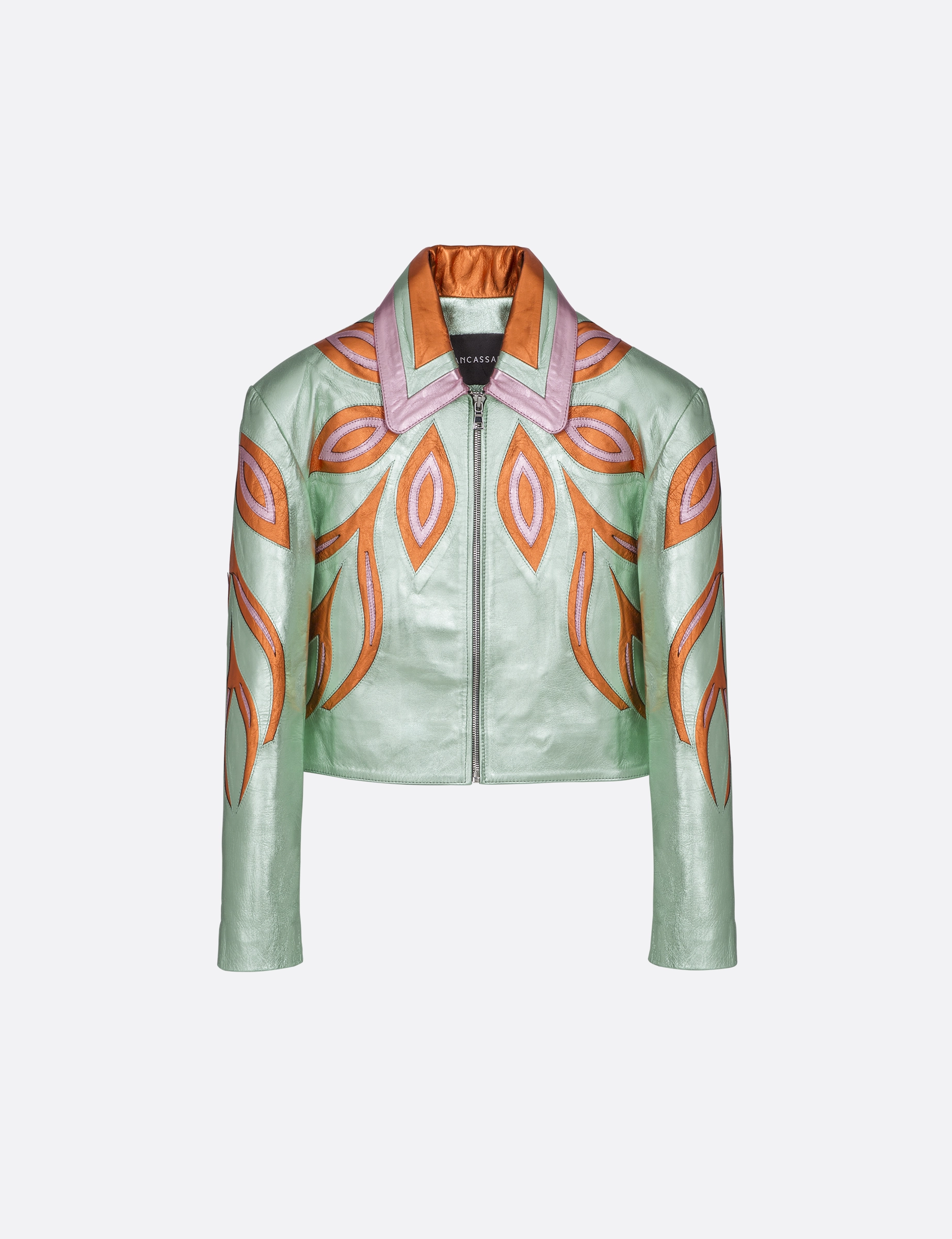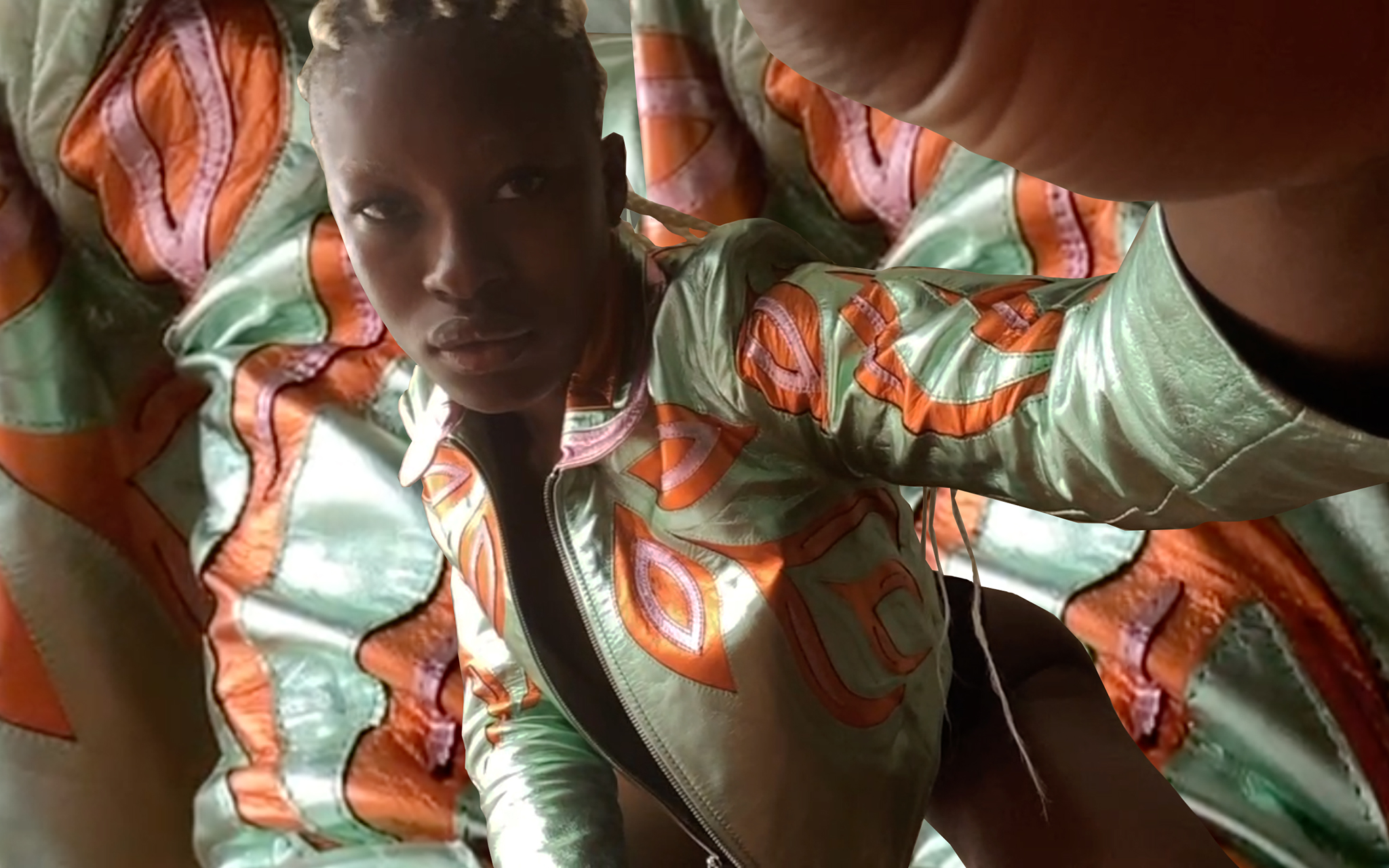
DANCASSAB
VOICES
MEMU
CONTEH
When days become weeks, weeks become months, and months become a year, it’s easy to lose track of time and oneself. For some of us navigating uncharted territory, our natural instinct may be to protect and preserve. Some of that territory can be like water; it can also bend and shape; it can dry up and turn back into rain. For a special few, protection and preservation are constant pillars of strength, regardless of challenging times.
Memu Conteh, stunning beauty inside and out, radiates a curiosity, genuine compassion, and tenacity that is contagious. You may recognize her from campaigns alongside Nike, David Jones, Grazia, and Smashbox Cosmetics, to name a few. Less widely known are her off-duty pursuits advocating for social justice, mental health, and hosting her Quarantine Diaries podcast, which maps her journey inward during the global events of 2020.
We were fortunate to catch up with the Sierra Leonean native and part-time Angeleno – currently based in Australia, where she grew up – to deepen the conversation around her passions and beliefs. Her incredibly wise and touching answers demanded our own self-examination in the most vulnerable yet rewarding way. As she so beautifully shares: “We’re so lucky that we can tap into parts of ourselves to create faith, hope, love, joy and sometimes happiness.” We are so grateful for your wisdom and generosity, Memu.
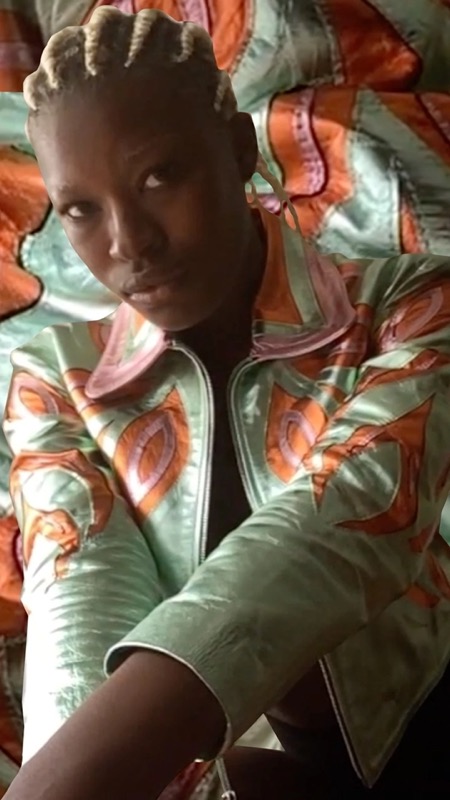
‘WE’RE SO LUCKY THAT WE CAN TAP INTO PARTS OF OURSELVES TO CREATE FAITH, HOPE, LOVE, JOY AND SOMETIMES HAPPINES.’ — MEMU CONTEH.
DC: THANK YOU SO MUCH FOR BEING PART OF OUR VOICES SERIES. AS A MODEL, PODCAST HOST, ADVOCATE FOR SOCIAL JUSTICE AND MENTAL HEALTH, IS THERE ONE PARTICULAR AREA YOU FEEL MORE DRAWN TO CURRENTLY?
MC: I’ve always been drawn to making sure there’s fairness in this world. We all know this is hard to come by in our society, but I’d like to think in all our little corners we’re fighting for the fairest thing to help us understand each other a little better. So I always just do what is calling my heart and act fair in turn.
DC: Has modeling helped open up other opportunities for you outside of the industry?
MC: Modeling has definitely done this and has been the thing I never knew I needed in order to meet people from different places of the world. I’m so thankful for it.
DC: Could you tell us a little about your background and how your journey led you to where you are now?
MC: I’m originally from Sierra Leone, came to Australia as a refugee. I moved homes a lot while living in Australia. I’ve always wanted to be a writer, so I felt like journalism was the way to go after high school. I did some incredible internships, but after I graduated, I felt like journalism was all going online and decided it wasn’t what I wanted for myself at the time. I was very lucky while exploring what I wanted to do that I had modeling in the back of my mind. Friends and family would encourage me to try it out, and so that’s what I did—and just trying never, ever let me down.
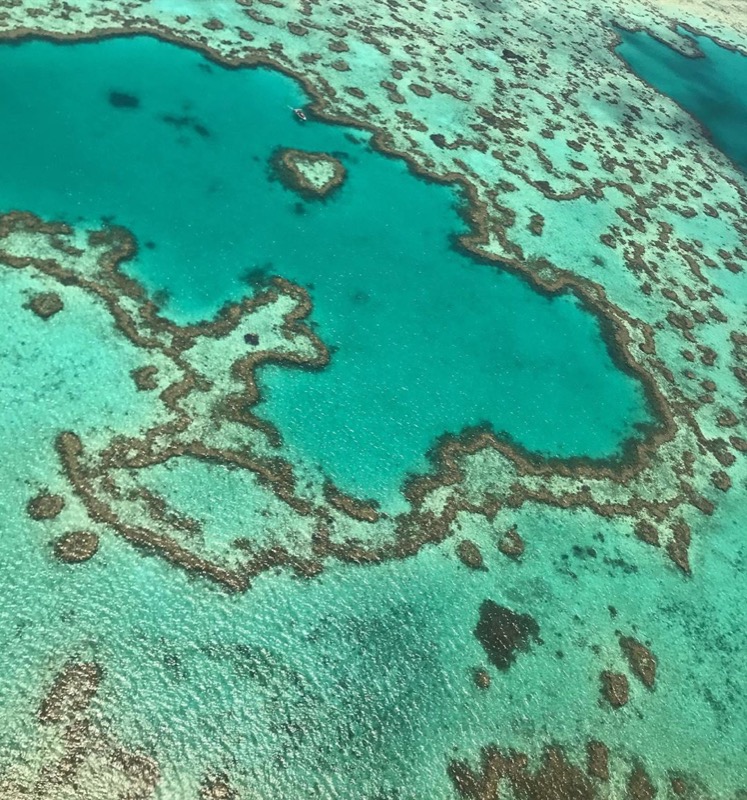
January 3, 2020.
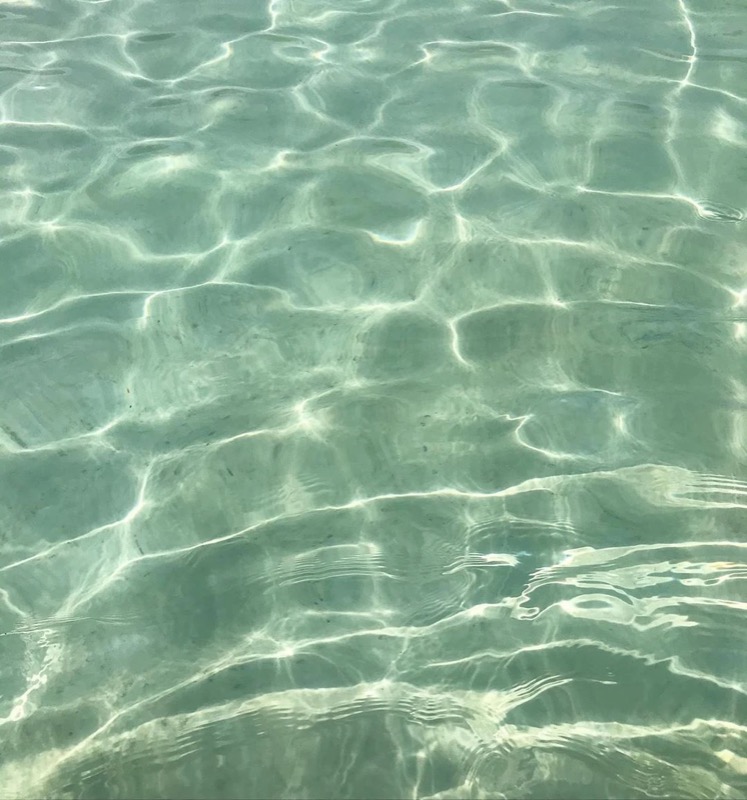
January 8, 2020.
DC: Being West African, are there certain values and traditions you always carry with you?
MC: I believe West Africans are vibrant people; our culture is so vast and widely loved by many. I think it is ingrained in us the idea of hard work and how much value my people put on that. With hard work comes a lot of blessings. To plant a seed so it grows is something I’ve been taught in my Sierra Leonean family, and I have no doubt many West Africans would confirm this as we are taught from such a young age to strive for greatness.
DC: You recently shared such a great piece of wisdom on Instagram: “Mums always told me, not everyone needs to know your business and everything that happens to you does not mean you’re unlucky. It just means you can handle it, in your own unique way.” Is your mom a constant source of sage advice for you?
MC: My mother has always been someone I’ve looked up to. Her story is just so powerful, and I’ve always made sure she knew her worth. Even from a young age, I needed her to know that everything she continued to teach me was valued and respected. Her life was and is very, very different from mine, so I’ve always listened to her advice; it’s always been sound, and I always want her to know her voice is important…
DC: Is there a specific moment in your life you can recall that really shaped or grounded you?
MC: I would say there have been many different moments, but right now, I know exactly what I want. I’ve been able to slow down the last couple of months and really scratch the surface of my own questions and give myself answers I needed to hear.
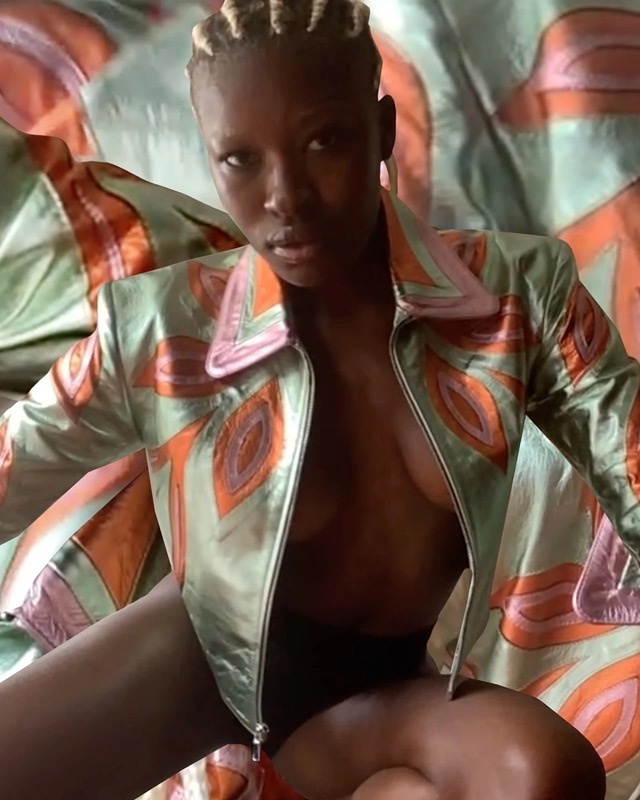
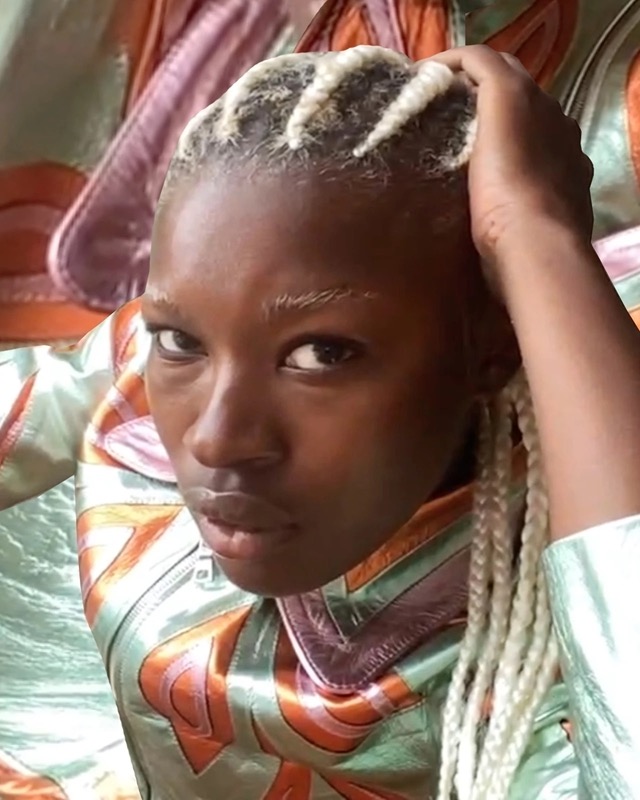
DC: How has 2020 changed your perspective on different areas of your life?
MC: I feel like 2020 – as weird and completely random as it’s been – has definitely taught me to see a bigger picture that I had never wanted to see. For someone with a “you only live once” mentality, you kind of get carried away with the short term. But now I feel I’m living for the long term and trying to figure out this little big world I’m creating with myself and the loved ones around me.
DC: Your Quarantine Diaries podcast is brilliant. It highlights your inner dialogue and journal entries processing the events of this year, and covers topics of racism and mental health among others. You ask very poignant questions supported by well researched topics. Can you share a bit about how the process of this helped your personal growth and what sort of feedback you might have received from listeners that resonated?
MC: One thing I enjoyed was reading personal diary entries from people from all over the world. We all live in this little bubble in our heads when we are moving through the world alone. By using that platform, I was able to recognise that 2020 is affecting everyone quite seriously. It’s moments like these that jog your memory of the web of connection we all have, without even knowing it. I was definitely using it as a form of escapism in terms of personal growth because mentally, I wasn’t happy to be stuck in one place. So I’ve realised naturally I’m a free spirit who dislikes being told what to do. If my gut refuses something, I’m going to listen to her instead.
DC: How have you continued this work both on and offline?
MC: Well, although that was a podcast, I’m currently writing a poetry book to reach out to more people who might see hope through my poems or for them not to feel alone. I believe human beings’ power is using any art medium to connect, whether that be writing, painting, film, etc. We’re so lucky that we can tap into parts of ourselves to create faith, hope, love, joy, and sometimes happiness.
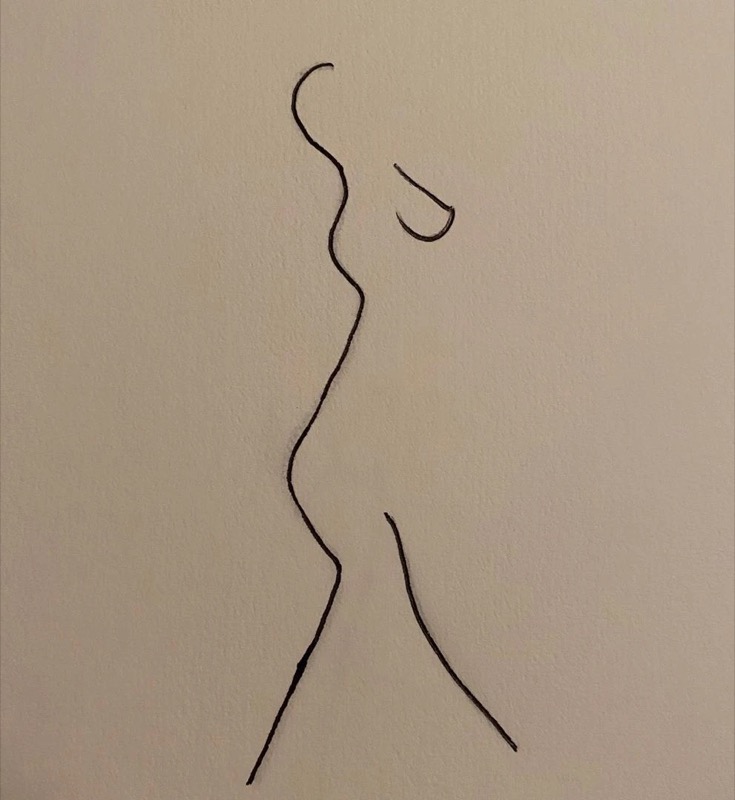
“by me”
July 9, 2020.
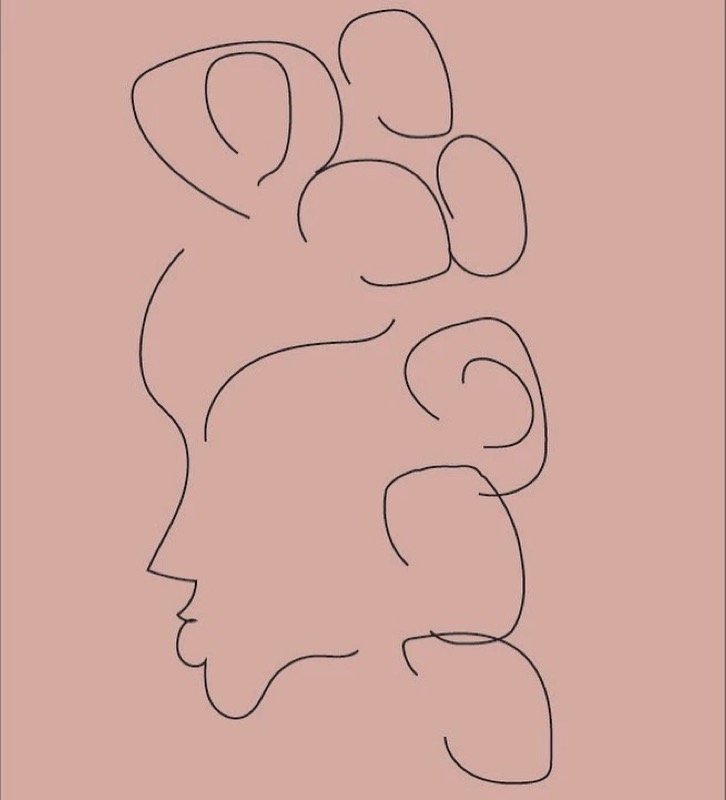
“a self portrait”
August 9, 2020.
DC: Do you feel drawn to broadening your mental health and social justice advocacy work?
MC: Every day is mental health awareness for me personally, as I’m easily emotional and can be susceptible to others’ emotions. If you can observe when something has triggered you, you’re on your way to being an open-minded individual. And in turn, if you can communicate this to bring on social justice for others, then we are truly extending ourselves to understand our neighbours, friends, and family.
DC: What have you learned about yourself in the process of speaking openly about these issues?
MC: I’ve learned that in my corner I have to make sure that every person that I encounter should feel valued, listened to, and respected.
DC: When do you feel most at peace? How do you create this for yourself?
MC: I feel there are two types of sounds I love. I feel most at peace near the ocean. I love silence, and then with the sounds of the waves accompanied, it’s even better. Then, there’s the quiet background noise of people laughing, sharing food, being alive and enjoying themselves, kids running around, and music in the background. I like knowing people are safe even when you’re not related by birth.
DC: Are there certain causes you feel may be in need of more support right now?
MC: I feel like the world sometimes seems like a totem pole of who’s worthy-to-least worthy, and it’s crazy that there are people that really think like this, so I’m going to say it. Black Trans lives are worthy, and sadly many people are caught up in their insecurities not to see this. If we can’t treat each other kindly, there’s no hope for any of us. If we can’t see other human beings’ complexities as beautiful, what kind of beings are we? Most are stuck in thinking their bubbles are the only things that cease to exist, and only they deserve empathy. We shouldn’t compare an already biased and unfair world.
DC: What advice would you give to anyone struggling to navigate their own anxieties about the future?
MC: Do something about it. Even if you feel what you’re doing is mundane as long as it’s calming you. A long-needed hug with a loved one. Yeah, I know everyone has issues, but we need to be vulnerable to reach each other, understand, care, and love each other. There is nothing wrong with how you’re feeling. Go and buy a colouring book and just do that, and I hope you feel a little less fearful because right now doesn’t last, and tomorrow will come, and you can feel how you like then, too. Do not ever feel like because you feel ashamed; you’re a burden. This is entirely not true! You’re going to be okay. I promise. Love you.
DC: What sort of legacy do you hope to leave behind?
MC: I want to leave behind an extension of my love and energy.
MEMU’S SIDNEY
Favorite place:
the beach.
Favorite shops:
Book cafes.
Favorite restaurants:
Any by the ocean.
In your free time you:
hike, run, write poems, watch old comedy films by Louis de Funès and meditate.
One secret to living in Sydney:
The willingness to see the good in any day.
What you miss most about it when you’re gone:
My mum and partner.
Dancassab Jacket of choice:
Earth
